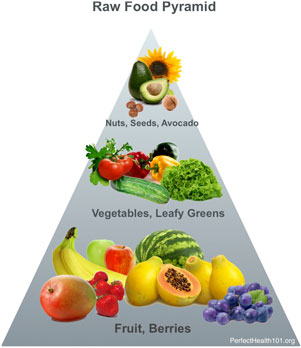04/10/2019 PREPARATION & REFLECTION
Matthew 21:1-4; 8-9 As JESUS and the disciples approached Jerusalem, and were near the town of Bethphage on the Mount of Olives, JESUS sent two of them into the village ahead. “Just as you enter,” HE said, “you will see a donkey tied there, with its colt beside it. Untie them and bring them here. If anyone asks you what you are doing, just say, ‘The Master needs them,’ and there will be no trouble.” This was done to fulfill the ancient prophecy, “Tell Jerusalem her king is coming to her, riding humbly on a donkey’s colt!”
Mathew 21:8-9: And some of the crowd threw down their coats along the road ahead of him, and others cut branches from the trees and spread them out before him. Then the crowds surged on ahead and pressed along behind, shouting, “GOD bless King David’s Son!” …“GOD’s Man is here!...Bless, HIM, LORD!”… “Praise GOD in highest heaven!” [Living Bible Translation]
Biblical Comment
This coming Sunday is Palm Sunday. Palm Sunday is one week before Easter or Resurrection Sunday.
The name “Palm Sunday” is not mentioned in the Bible. Rather, Palm Sunday is a Sunday that commemorates Matthew’s record in Matthew Chapter 21 of JESUS’ entry into Jerusalem. It is like the starting line of a number of rapid events that will eventually unfold. Palm Sunday is a time of preparation and reflection for the events that will occur ahead.
According to Matthew:
- As JESUS and his disciples approached Jerusalem, JESUS instructs two of his disciples to go into a village and bring back a donkey’s colt. We later learn that JESUS will ride this colt into Jerusalem. Matthew, who we are told wrote to and for Jewish readers so they would understand that JESUS was the MESSIAH, explains that this event was fulfilling ancient scripture. Zechariah 9:9 states: “Rejoice greatly, O Daughter of Zion! Shout, Daughter of Jerusalem! See, your king comes to you, righteous and having salvation, gentle and riding on a donkey.” JESUS is doing exactly what Zechariah said HE would do. In addition, there is a lot of significance to a king riding on a donkey’s colt. Unlike the brazen, Romans, who liked to show off their military power by riding great military war horses and driving chariots, there was a king just riding a donkey. This image goes back to King Solomon, who when he became king, rode through the city on his father David’s personal mule. See 1Kings1:33. When a king rode a mule, it was a sign of peace. In times of peace and tranquility, it wasn’t necessary “to show” military might.
- The crowds of people acted as if JESUS was their Messiah and their King. They threw down their coats, as was the tradition when a mighty king entered a city. They also cut down branches, believed to be palm leaves, and spread them on the ground before JESUS’ path. Some commentators have noted that during these Roman times, waving a palm leaf was a sign of victory and public approval. For example, this practice may have been used during times of Roman coliseum games or when heroes and leaders came back from war. Some believe that when the people were yelling Hosanna [“Save, I pray.”] the people were actually looking for a “military” leader that would immediately overthrow the Roman government. Others have noted that palm leaves were carried by the Egyptians in funeral processions, to signify victory over death or as a sign of immortality. To the Egyptians, a palm leaf was a sign of spiritual immortality over death.
- Even while JESUS rode the colt on what looked like a “triumphal entry” into Jerusalem, JESUS knew that the entry into Jerusalem was actually the beginning of a road to crucifixion and resurrection. JESUS also knew that some of the same people who were shouting praise and “Bless him,” would later shout “Crucify him” [See, Matthew 27:22]. JESUS knew that HE would be betrayed. JESUS knew HE would be mocked, scourged and crucified because Matthew discusses how JESUS explains this to the disciples before JESUS entered Jerusalem.
See, Matthew 20:17-19. JESUS knew the “triumph” would not come from these people, but the triumph would be the resurrection, through the cross, what the people, including HIS own disciples, least expected or wanted.


